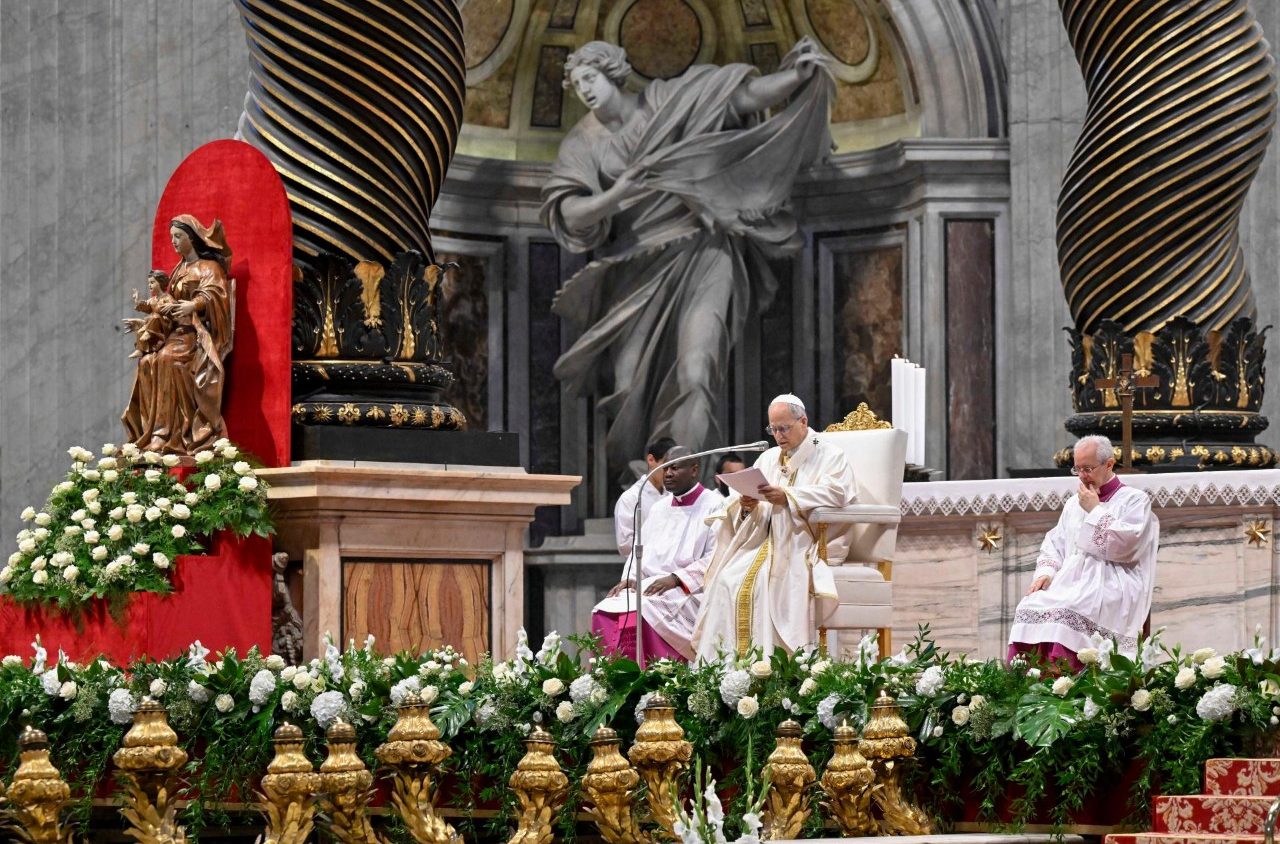Vatican City – Sunday, 15 June 2025, on the Solemnity of the Most Holy Trinity, Pope Leo XIV presided over Holy Mass in St Peter’s Basilica, also marking the Jubilee of Sport. The occasion served to strongly reaffirm the dignity of sport in Christian life and in the integral formation of the human person.
The Pope recalled how many modern saints have found in sport a path to sanctification and evangelisation. He made special mention of Blessed Pier Giorgio Frassati, patron of athletes, who is to be canonised on 7 September: “His life, simple and radiant, reminds us that just as no one is born a champion, no one is born a saint.”
Scavenger journalism and sensationalist narratives
A clear and direct message, in stark contrast to the pointless and malicious chatter of certain parts of the press. Immediately after Leo XIV’s election, a few scavenger journalists speculated on his sporting past, giving voice to unprofessional personal trainers eager for attention rather than truth. The result? A toxic and sensationalist narrative, built on the false equation that doing sport equates to wanting to appear attractive. In reality, practising sport means taking care of the body and mind, which are temples of God.
This superficial and worldly rhetoric, which presumes to judge the Church by what happens on a treadmill, instead reveals the inner emptiness of those who fail to understand the spiritual value of physical commitment. These drawling scavengers are scandalised by what in the Church has ceased to be news for decades, because anyone with a shred of common sense knows full well that taking care of one's health is a duty, not a luxury. Even priests and cardinals, like any other public figure, do so with simplicity and discretion

The Jubilee of Sport: Three Pillars
In his homily, the Pope offered an inspired and profound reflection: sport, he said, “can help us encounter the Triune God, for it requires a movement of the self towards the other”, a going out of oneself that recalls the perichoresis, the “dance of love” between the Father, the Son and the Holy Spirit.
He focused on three key pillars:
1. In an individualistic society, sport teaches collaboration and a sense of “we”.
2. In an ultra-digital world, it helps rediscover the concreteness of the body, real effort, and physical presence.
3. In a performance-obsessed culture, it reminds us of the importance of learning to lose, accepting fragility, and finding hope in defeat.
“The athlete who never fails does not exist,” said Leo XIV, echoing St John Paul II, who called Christ “the true athlete of God.”
“The Church entrusts you with a beautiful mission: to be, in your activities, a reflection of the love of the Triune God.” Sport as a path of holiness, a school of self-giving, a service to the community. A message that dismantles the hypocrisy of those who judge superficially, distorting the Christian value of the body, reducing it to a pretext for sensational headlines. With his characteristic sobriety, Leo XIV reminded all that daily love is the only true trainingthat leads to final victory. In an age in which image prevails over meaning, the Pope calls for a rediscovery of the truth of being, the gratuitousness of gift, the beauty of sacrifice, the joy of encounter, and the strength of faith. Not to appear, but to live fully.
d.S.A.
Silere non possum